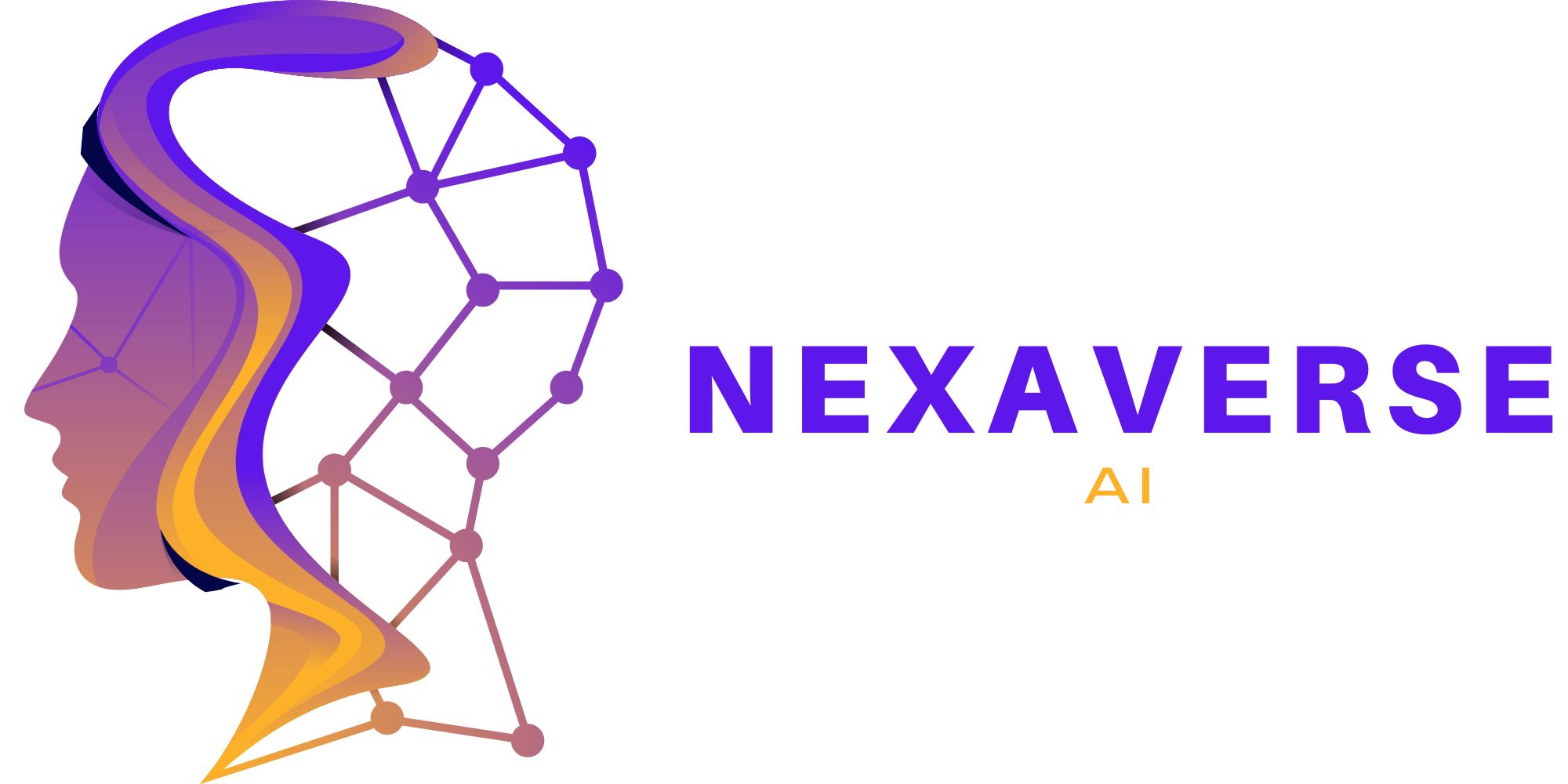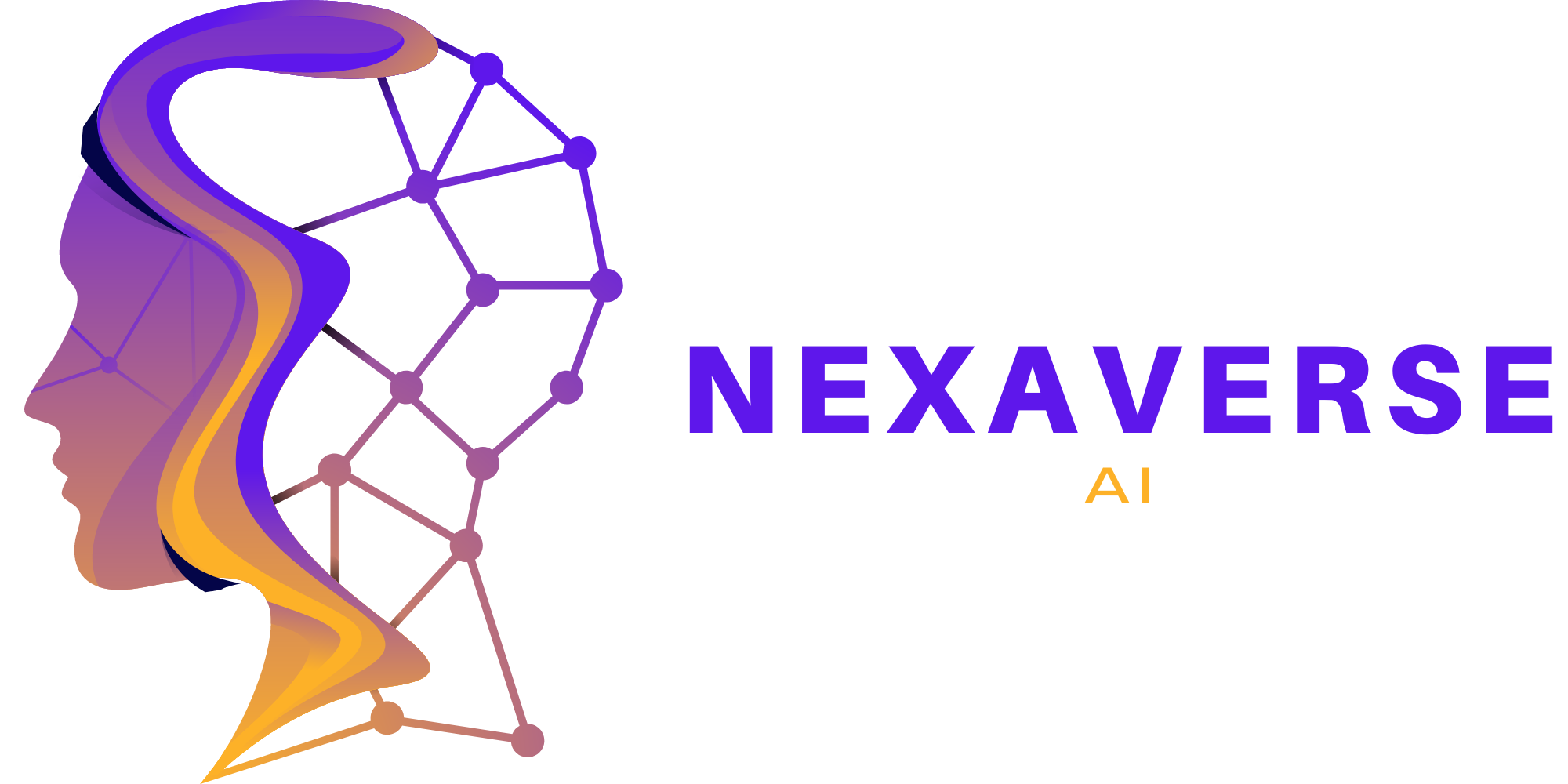Exploring the Impact of AI on Business Operations
Discover how AI is reshaping the way businesses operate and explore its impact on various aspects of business operations, including efficiency, innovation, and decision-making.

Revolutionizing the Way Businesses Operate
Artificial Intelligence (AI) has emerged as a transformative technology with the potential to revolutionize various industries. In recent years, AI has made significant strides and is now being widely adopted by businesses to streamline operations, improve efficiency, and drive innovation. From automating repetitive tasks to generating valuable insights from large datasets, AI is reshaping the way organizations operate.
In this comprehensive blog post, we will explore the impact of AI on business operations and delve into the various ways it is being leveraged to drive growth and success.
Enhancing Efficiency and Productivity
AI technologies, such as machine learning and natural language processing, have the potential to significantly enhance efficiency and productivity in business operations. By automating repetitive tasks and streamlining workflows, AI enables employees to focus on more strategic and value-added activities.
For example, AI-powered chatbots can handle customer inquiries and support requests, reducing the need for human intervention and speeding up response times. This not only improves customer satisfaction but also frees up human resources to focus on more complex and critical tasks.
Moreover, machine learning algorithms can analyze large volumes of data to identify patterns and trends, enabling businesses to make data-driven decisions and optimize their operations.
Key benefits of AI in enhancing efficiency and productivity:
- Automation of repetitive tasks
- Improved response times and customer service
- Optimization of operations through data analysis
Driving Innovation and Competitive Advantage
AI is a catalyst for innovation and can provide businesses with a competitive edge. By leveraging AI technologies, organizations can unlock new possibilities and develop innovative products and services.
For instance, AI-powered recommendation engines can analyze customer preferences and behaviors to personalize product recommendations, leading to higher customer satisfaction and increased sales.
Furthermore, AI can enable businesses to anticipate market trends and customer demands, allowing them to stay ahead of the competition and proactively adapt their strategies.
Key benefits of AI in driving innovation and competitive advantage:
- Personalization of customer experiences
- Anticipation of market trends
- Development of innovative products and services
Improving Decision-making with AI Insights
AI can provide valuable insights and support better decision-making in business operations. By analyzing vast amounts of data, AI algorithms can identify patterns, detect anomalies, and generate actionable insights that humans may miss.
For example, AI-powered predictive analytics can help businesses forecast demand, optimize inventory management, and minimize supply chain disruptions.
Additionally, AI can assist in risk assessment and fraud detection, enabling businesses to mitigate potential risks and safeguard their operations.
Key benefits of AI in improving decision-making with insights:
- Enhanced forecasting and demand planning
- Improved risk assessment and fraud detection
- Data-driven decision-making
Addressing Challenges and Considerations
While AI offers numerous benefits, there are also challenges and considerations that businesses need to address when implementing AI technologies.
One major consideration is the ethical implications of AI, such as data privacy and algorithmic bias. It is crucial for businesses to prioritize transparency, fairness, and accountability in AI-driven decision-making processes.
Furthermore, organizations need to ensure that employees are adequately trained and upskilled to work alongside AI systems and leverage their capabilities effectively.
Key challenges and considerations in implementing AI:
- Ethical implications and algorithmic bias
- Employee training and upskilling
- Cybersecurity and data privacy
In conclusion, AI has a profound impact on business operations, empowering organizations to enhance efficiency, drive innovation, and make better-informed decisions. However, it is essential for businesses to navigate the challenges and considerations associated with implementing AI to maximize its benefits while maintaining ethical standards.
Frequently Asked Questions (FAQs)
Q. How can AI improve supply chain management?
A. I can improve supply chain management by leveraging predictive analytics to forecast demand, optimize inventory levels, and identify potential bottlenecks or disruptions in the supply chain.
Q. What are the potential risks associated with AI implementation?
A. Some potential risks associated with AI implementation include data privacy concerns, algorithmic bias, and the displacement of certain job roles. It is important for organizations to address these risks and ensure responsible AI deployment.
Q. How can businesses ensure ethical AI practices?
A. Businesses can ensure ethical AI practices by promoting transparency in AI decision-making processes, addressing algorithmic bias, and prioritizing privacy and data protection. Regular audits and assessments can also help ensure that AI systems are aligned with ethical standards.
Q. What are some examples of AI-driven innovation in business?
A. Some examples of AI-driven innovation in business include personalized product recommendations, virtual assistants for customer support, and predictive maintenance for industrial machinery.
Q. How can AI impact the healthcare industry?
A. I can have a significant impact on the healthcare industry by improving diagnostic accuracy, enabling personalized treatments, and facilitating the analysis of large healthcare datasets to identify patterns or potential risks.
Implementing AI technologies requires a thoughtful and strategic approach. It is crucial for businesses to align their AI initiatives with their overall organizational goals and ensure that they have the necessary infrastructure and resources in place.




